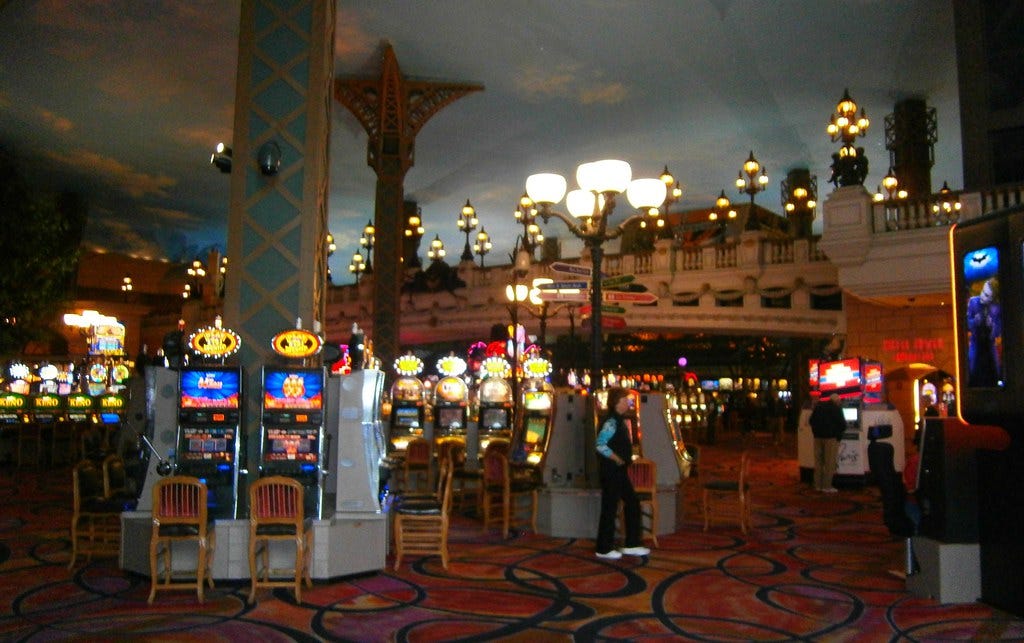One of the subtler thorns buried deep within the Trump administration’s “Big, Beautiful Bill” is its cap on gambling loss deductions. When the bill goes into effect in 2026, the amount of losses that gamblers can write off will be limited to 90%. Now that may not sound unreasonable to the average American, but for bettors pulling in serious zeroes each year—a constituency that’s bigger than you might think—this tweak to the current gambling tax code means that if you netted losses on a few big bets, your tax liability could actually exceed your winnings; which kind of defeats the purpose of gambling.
I found this striking. Not because I’m a regular at the craps table or a DraftKings VIP player (though a couple of friends and I did exploit their bonus bet promotions for new players), but because imposing a regressive tax policy on bettors is another example of the Trump administration touching the third rail of American opinion. It’s not quite as seismic as ripping the wires out of Medicaid, but still, gambling is deeply intrinsic to American life and culture. Casinos are just the beginning. Online gambling apps like sportsbooks have become so eponymous that major celebrities like Jamie Foxx and Lionel Messi have inked endorsement deals with some of these platforms. As of last January, Americans had wagered over $450 billion on sportsbook markets since the Supreme Court legalized sports betting in 2018. And if you think about how America looks at wealth, the influence of gambling is more sinister. An alarming number of us have bought into this notion that we should keep giving tax breaks to billionaires and depriving ourselves of basic support systems such as universal healthcare because as soon as we become billionaires, paying those higher taxes will be really annoying.
All of that said, I don’t want to leave you with the impression that I hold a Puritanical outlook toward gambling. The occasional slot machine or roulette spin can satify the primitive id, just like a round of paintball or a summer hookup. Sometimes, a pinch of gambling can even be a garnish on a more well-rounded experience. Consider the Mashantucket Pequot Tribal Nation’s flagship casino, Foxwoods. Like a lot of tourist attractions in Connecticut, Foxwoods is tucked into a vast bedspread of wooded hills; none of which are tall or prominent enough to stand as landmarks on their own. But earlier this year, I found out that one of these hills—Lantern Hill—contains a maze of hiking paths that are currently advertised on the Foxwoods website as one of many amenities that casino visitors can enjoy. “Beyond the excitement within the walls of the resort, the picturesque Connecticut woods offer their own exhilarating adventure,” the teaser begins, before ending with, “You might not have expected to find this kind of activity at Foxwoods. But, then again, you always get more than you expect here.”




